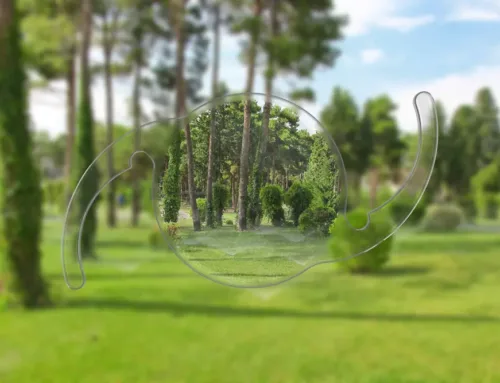Did you know getting hit on the head during a football game can increase the risk of developing vision problems? In a study, the researchers raised concerns regarding football head impacts no matter how mild they may be.
Led by Keisuke Kawata, a PhD candidate at Temple University, the researchers postulated that even non-concussive hits to the cranium can trigger blurry vision. What controls here is the repetitive nature of the blows.
Vision tends to become blurry, or even doubled, when the ocular-motor system is unable to focus on objects up-close. Because they were practicing on a regular basis, vision tests revealed that the disorder persisted until the end of the football season, Kawata elaborated.
The researchers also reported that these vision problems cleared up three weeks after the season ended, which also denoted no more football practice for these athletes. No games or practice meant no more repetitive head impact.
Kawata added that ocular-motor system is not only vulnerable to head hits, whether mild or not, but it’s also slow to recover. With the likelihood of continual impact to the head, these findings raised concerns about potential long-term damage in active football players who go on the field year-round.
“You are sustaining a considerable amount of head impact,” Kawata explained. “If you sustain cumulative head impact for a long period of time, who knows 20 or 30 years later if that’s going to affect anything?”
Repetitive head hits becomes noticeably worse such that even a day of resting didn’t contribute much to recovery, Kawata added.











